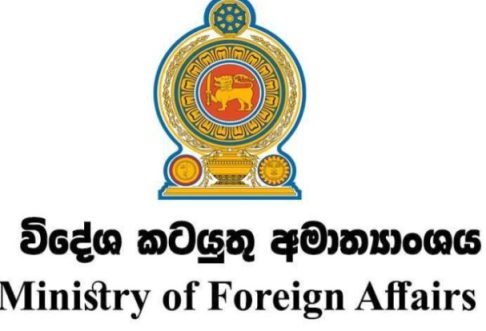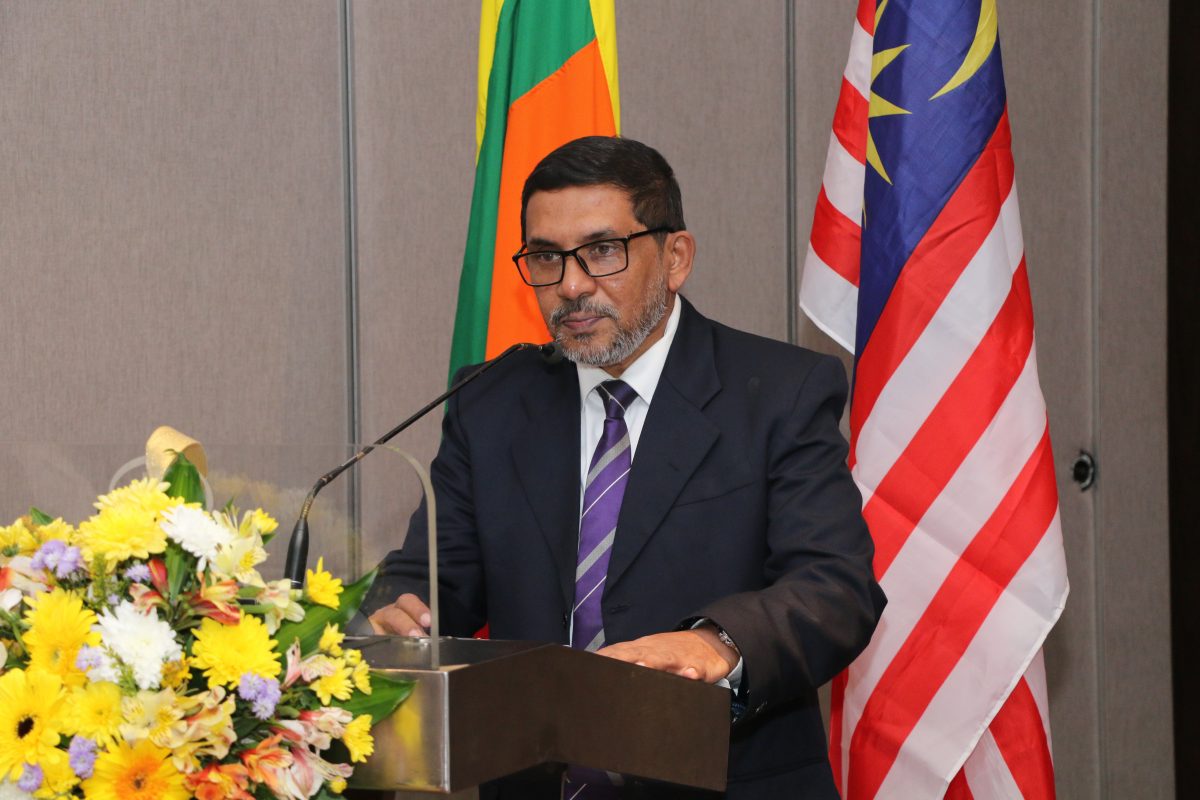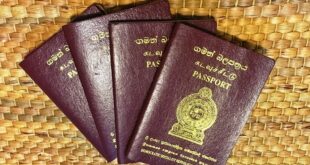The sight of dozens and dozens of Sri Lankan Muslim youth cheering the Pakistan team and celebrating its victory over Sri Lanka at the last two one-day matches was something that had disturbed quite a few in this country.
When a prominent local Muslim politician was asked for his interpretation of this scenario, he quipped, “Yes it is quite disturbing. May be they don’t have a sense of belonging to Sri Lanka. For some reason they may be feeling they are discriminated”.
It is a fact that an overwhelming majority of Muslim fans especially the adults support the Sri Lankan team and could easily identify themselves with the concept of the Sri Lankan nation. This is despite a tendency displayed by a handful of mischievous elements to light crackers in Muslim majority areas whenever Pakistan beats our national team.
As to why some youth find it difficult to relate to the Sri Lankan identity and opt to support another nation merely because its people follow the same faith is certainly a worrisome matter.
One could have bought out the argument of discrimination if the youth were from outstations where their mother tongue, Tamil at times poses a stumbling block in reaching goals. A degree of alienation also could have been expected from youth in the North and the East where they had to go through innumerable hardships sandwiched between the security forces and the LTTE.
However the youth who gathered for the one-day series were definitely not ones from Mannar or Kaththankudi.
They were the Colombo youth most of whom are trilingual and have equal opportunities to rise up in society if they work hard and stay focused on their goals.

There’s a school of thought among non-Muslims that what they saw during the one-day series had a lot to do with growing radicalization among certain sections of Muslim youth. The question they ask is that if Indian Muslims who have regular complaints of discrimination can support the Indian cricket team then why is a section of Sri Lankan Muslim youth who have far less grievances fail to identify with the Sri Lankan team.
One wonders whether things would have been different if Mohamed Maharoof played in the one-day series between Sri Lanka and Pakistan. The hard hitting Maharoof is a favourite among Sinhala and Tamil fans while Muralitharan has been an all time favourite among all the communities in the country. If a section of Muslim youth feel Sri Lankan only when a Muslim player is included in the team, then one needs to explore the reasons as to where things have really gone wrong.
Sinhala, Tamil and a big chunk of Muslim cricket fans always rise above race and religion and stand by their country during international matches. In a display of sportsmanship the very same fans even cheer members of rival teams whenever they hit a well-timed boundary or a sixer.
For these people it matters very little what exactly the whole concept of nationhood stands for – whether it is a synonym for a country, State, race or whatever. They just feel the bonding and want ‘our man in the field’ to do well.
Religion for some is a way of life. For others it is not.
Patriotism on the other hand is an entirely different concept altogether.
It is the responsibility of the elders and the learned to put those who have got their perceptions wrong or mixed up on the right track once again.
Post Disclaimer | Support Us
Support Us
The sailanmuslim.com web site entirely supported by individual donors and well wishers. If you regularly visit this site and wish to show your appreciation, or if you wish to see further development of sailanmuslim.com, please donate us
IMPORTANT : All content hosted on sailanmuslim.com is solely for non-commercial purposes and with the permission of original copyright holders. Any other use of the hosted content, such as for financial gain, requires express approval from the copyright owners.
 Sri lanka Muslims Web Portal Diversity and Inclusiveness – Sri Lanka Muslims
Sri lanka Muslims Web Portal Diversity and Inclusiveness – Sri Lanka Muslims




It is useful to know what the article points out, that it is only a minority who exhibit this strange behavior. Nevertheless it is an indication of some kind of perceptual and identity conflict, which if unresolved, may lead to further problems, as these young people grow into adulthood.